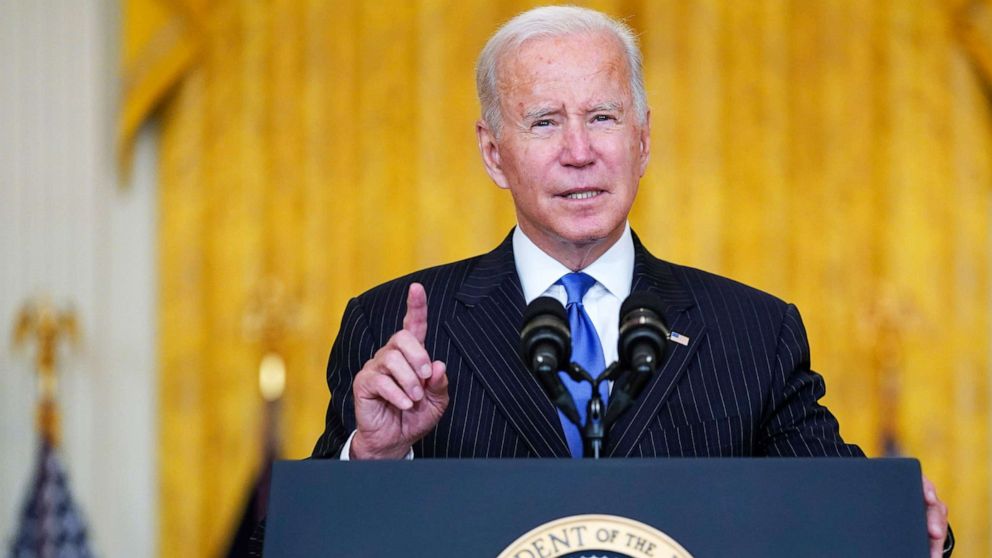Biden pushes 24/7 port operation ahead of expected Christmas supply crunch
With global supply chain bottlenecks threatening the Christmas shopping season, President Joe Biden highlighted his administration's work with ports on Wednesday as he tries to stave off the potentially politically explosive headaches Americans may face as delays threaten holiday gift-giving.
The president met with the leaders of the two busiest ports in the United States -- Los Angeles and Long Beach, both in California -- and the International Longshore and Warehouse Union, and announced that the port of Los Angeles, would begin 24/7 operations in order to help alleviate bottlenecks. The Port of Long Beach started operating around the clock a few weeks ago.
"This is the first key step toward moving our entire freight transportation and logistical supply chain nationwide to a 24/7 system," Biden said during remarks at the White House Wednesday afternoon.
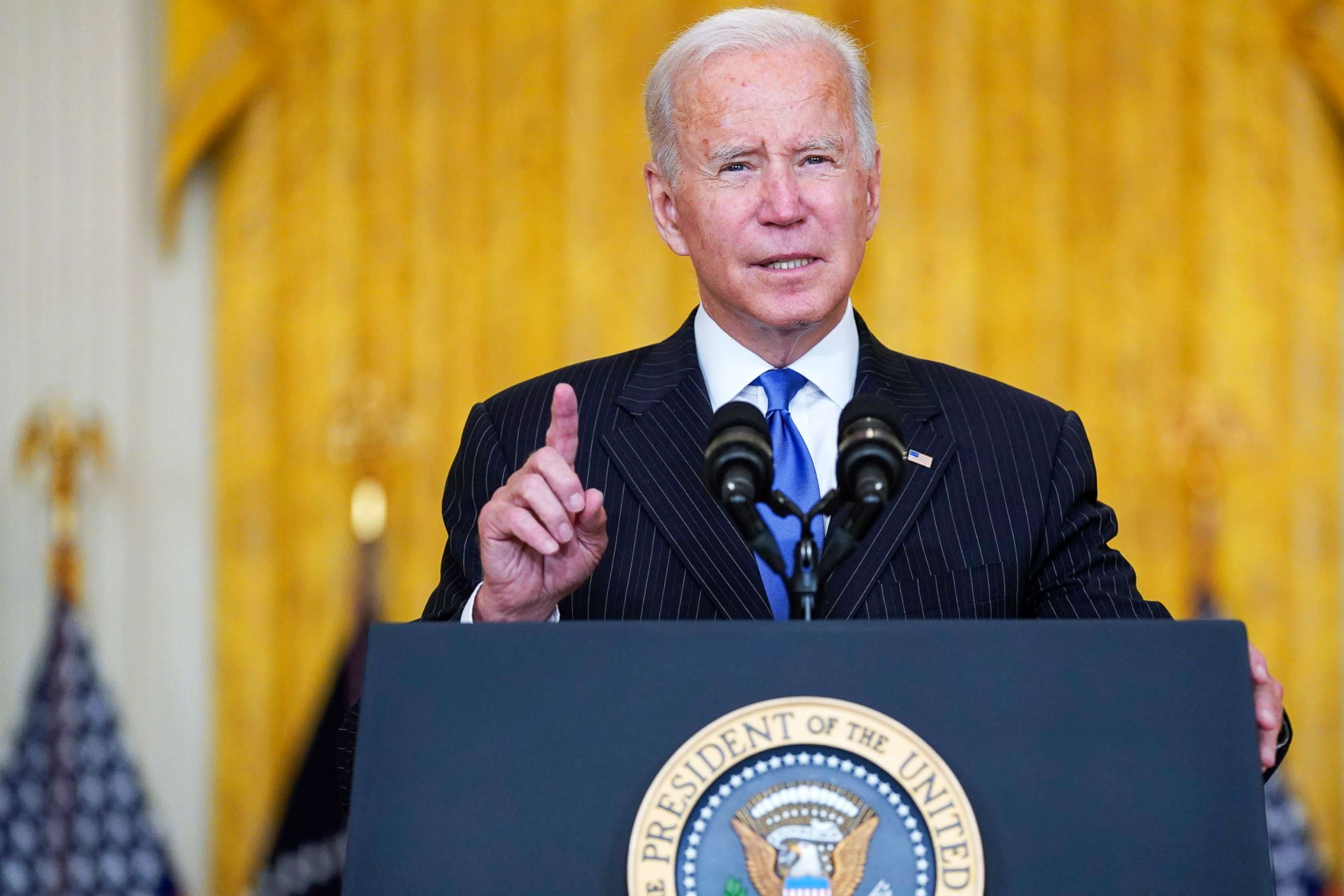
Several shippers and retailers announced that they, too, would take steps to move toward 24/7 operations, according to the White House.
"This is a big first step in speeding up the movement of materials and goods through our supply chain, but now we need the rest of the private sector chain to step up as well," Biden said.
While most of the actors along supply chains -- from suppliers and port operators to trucking and freight companies -- are private businesses, Biden said that, "if federal support is needed, I'll direct all appropriate actions."
"And if the private sector doesn't step up, we're gonna call them out and ask them to act," the president said. "Because our goal is not only to get through this immediate bottleneck, but to address the long standing weaknesses in our transportation supply chain that this pandemic has exposed."
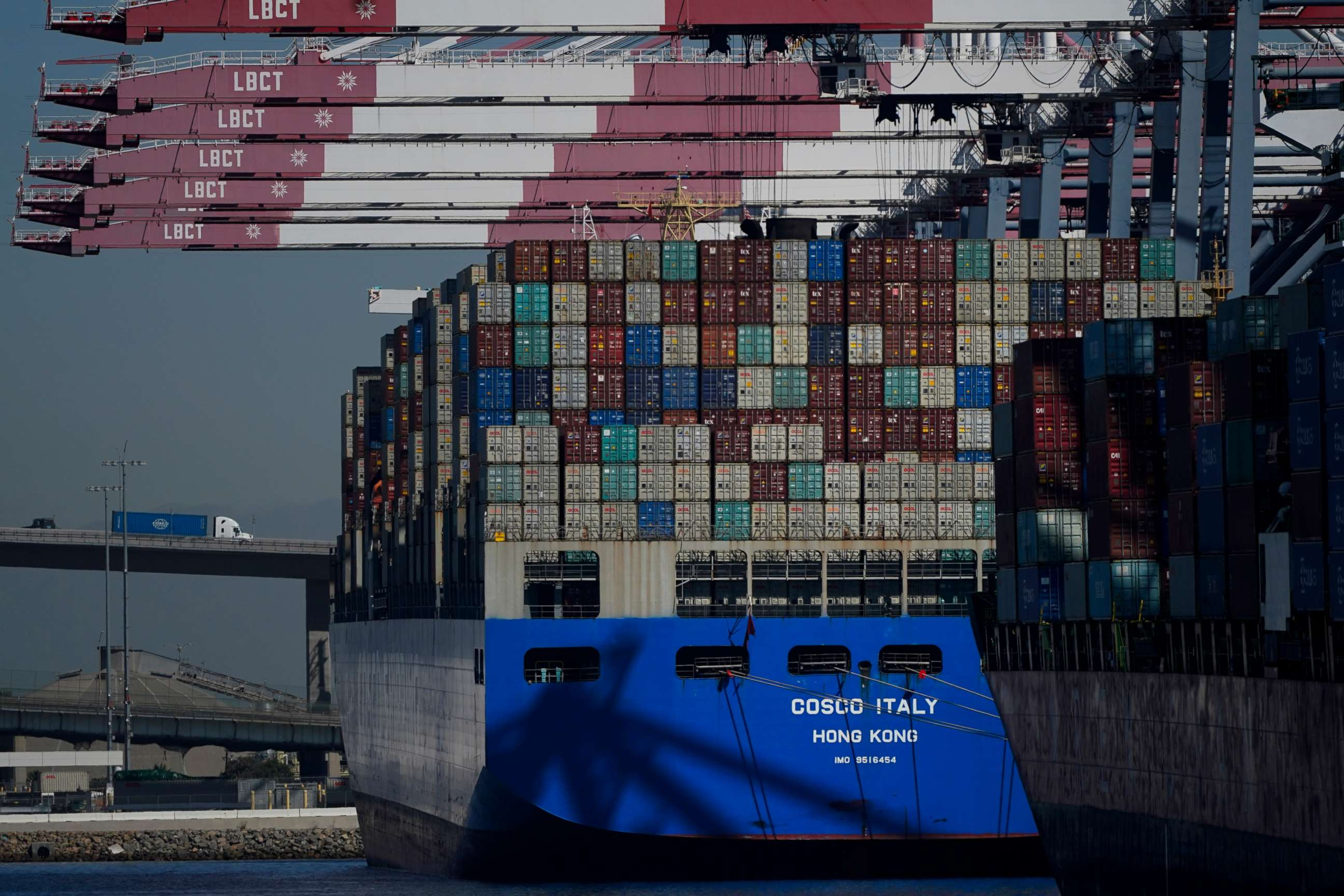
According to the White House, Walmart will increase its use of nighttime hours; UPS will increasingly use 24/7 operations and enhance data sharing with ports; FedEx will increase its nighttime hours and make changes to trucking and rail use; Samsung will operate 24/7 over the next 90 days to move almost 60% more containers out of the Los Angeles and Long Beach ports; The Home Depot will move up to 10% more containers out of these ports in their off-hours each week; and Target will move 10% more containers during these off-peak hours.
Several of these companies and other stakeholders participated in a virtual roundtable hosted by the White House earlier Wednesday, according to the White House.
Biden said FedEx and UPS's "commitment to go all in on 24/7 operations means that businesses of all sizes will get their goods on shelves faster and more reliably."
Shortages and delays in global supply chains have led to massive holdups in deliveries -- both in raw materials and finished products to consumers -- and has also raised prices on many goods, according to The Associated Press.
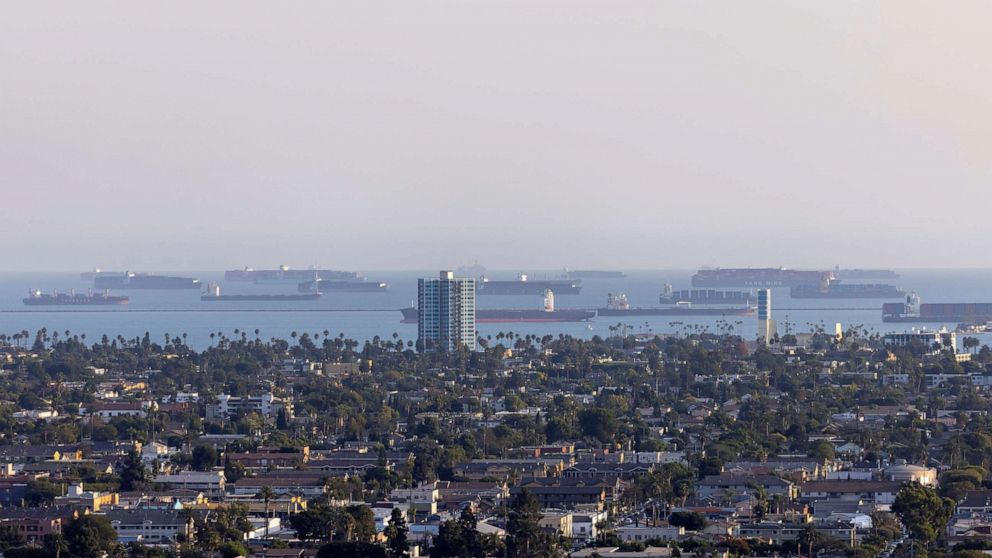
Higher prices could drive down consumer spending and blunt the economic recovery, according to the AP.
That dynamic carries great political risk for Biden, who has pegged his presidency to both pulling the country out of the coronavirus pandemic -- the onset of which precipitated this supply crunch -- and rebuilding the U.S. economy.
The president on Wednesday addressed Americans' concerns about the availability of goods as the holidays approach, saying, "with the holidays coming up, you might be wondering if gifts you plan to buy will arrive on time."
"Today we have some good news," he said. "We're going to help speed up the delivery of goods, all across America."
Biden said his $1 trillion plan to invest in physical infrastructure, which passed the Senate but has faced roadblocks in the House of Representatives, would strengthen supply chains in the long term, and he spoke of the need to shift production stateside.
"Never again should we have to rely too heavily on one company or one country or one person in the world," he said, "particularly when countries don't share our values when it comes to labor and environmental standards."
But on Tuesday, a senior Biden administration official acknowledged to reporters that another major, Biden-backed legislative package, the $1.9 trillion coronavirus relief law the president signed earlier this year, had contributed to the supply chain crunch by causing an increase in demand, although the official argued the assistance had also put the United States on a quicker path to economic recovery than other countries'.
Treasury Secretary Janet Yellen tried to temper fears about the holiday season during an interview with CBS News that aired Tuesday.
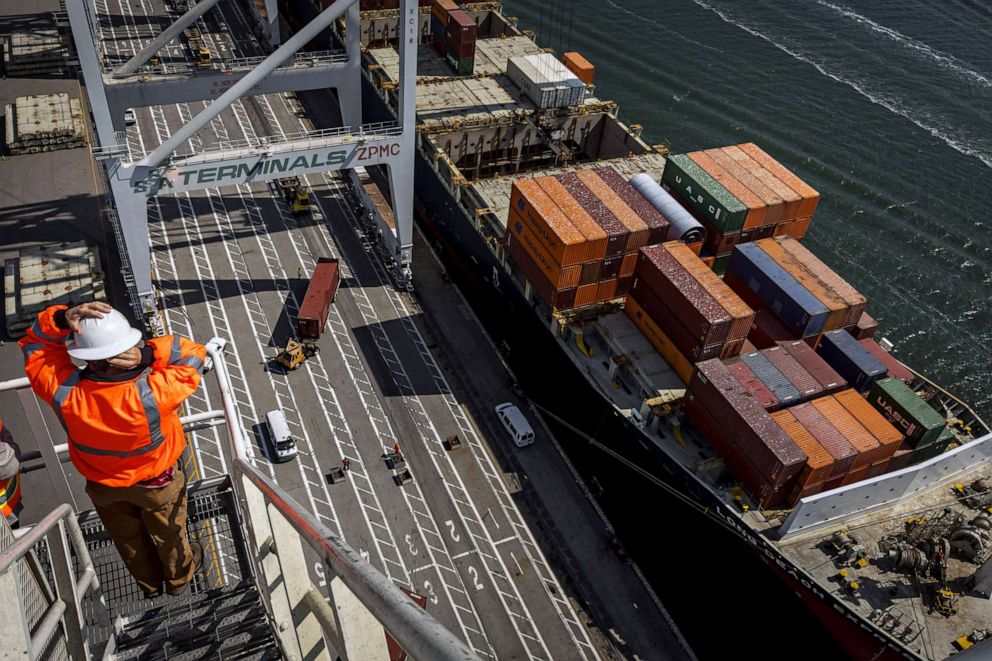
“There may be isolated shortages of goods and services in the coming months," Yellen said. "But there is an ample supply of goods. I think there's no reason for consumers to panic about the absence of goods that they're going to want to acquire at Christmas.”
The White House launched a task force in June to address disruptions to supply chains and in August added a port envoy to that group.
"We certainly know addressing those bottlenecks at ports could help address what we see in many industries across the country, and frankly are leading people who are preparing for holidays, for Christmas, whatever they may celebrate, birthdays, to order goods and get them to people's homes," Psaki said Tuesday.
